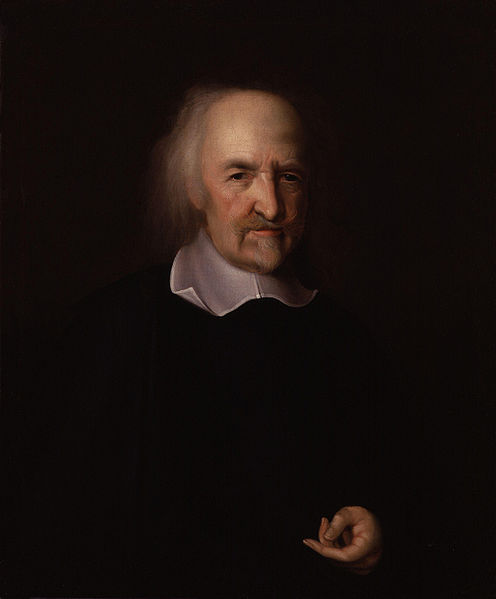
Leviathan
Versandkostenfrei!
Versandfertig in 1-2 Wochen
23,99 €
inkl. MwSt.

PAYBACK Punkte
12 °P sammeln!
We take for granted today the concept of the "social contract"-that it's right for citizens give up some autonomy to the state in exchange for peace and order for all-but the idea was all but unconceived of until English philosopher THOMAS HOBBES (1588-1679) published his masterpiece, Leviathan. Written while the author was in self-imposed exile in France during the English Civil War and first published in 1651, this classic work of political thought laid the groundwork for the upheavals that would reshape human culture in later centuries, from the American and French revolutions to the ongoin...
We take for granted today the concept of the "social contract"-that it's right for citizens give up some autonomy to the state in exchange for peace and order for all-but the idea was all but unconceived of until English philosopher THOMAS HOBBES (1588-1679) published his masterpiece, Leviathan. Written while the author was in self-imposed exile in France during the English Civil War and first published in 1651, this classic work of political thought laid the groundwork for the upheavals that would reshape human culture in later centuries, from the American and French revolutions to the ongoing refining of democracy that continues to this day. Required reading for students of world history, this is one of the great works of civic and social philosophy, presented in the original period language, and remains the best representation today of the author's intent and meaning.













